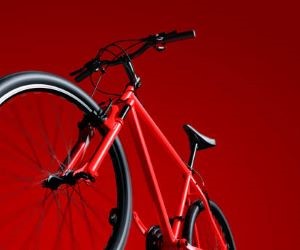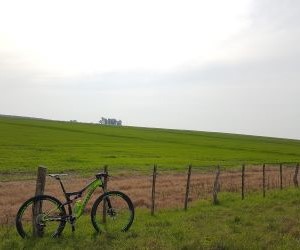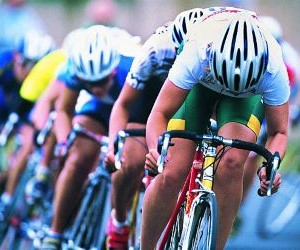Discover key indicators to spot potential breakaway winners during Giro d’Italia medium-mountain stages, enhancing race predictions.
HOW DO I FUEL PROPERLY FOR STAGE RACES?
Stage races push cyclists to the limit, demanding not just physical endurance but also precise fueling strategies. Unlike one-day events, stage races require riders to perform day after day, often under extreme conditions. Proper fueling becomes a decisive factor—what you eat before, during, and after each stage directly impacts energy levels, recovery, and overall performance. This article breaks down how to fuel properly for stage races, focusing on nutrition timing, macronutrient balance, hydration, and recovery practices designed for multi-day success.

Pre-race and daily preparation
The foundation of successful stage race fueling is built before the first pedal stroke. Riders must ensure glycogen stores are topped up and that their digestive systems are accustomed to performance foods. Pre-race nutrition focuses on carb loading, balanced meals, and hydration strategies that prevent deficits from day one.
Pre-stage fueling strategies
Cyclists should approach stage race fueling like a carefully orchestrated routine, repeating it daily to maintain performance consistency. Carbohydrates dominate the pre-race plate, but proteins and healthy fats play supporting roles in muscle repair and satiety.
Carbohydrate loading: increase carb intake to 8–10g/kg of body weight in the 2–3 days before racing
Race-day breakfast: consume 2–3g/kg of carbs, moderate protein, low fat, 2–3 hours before the start
Hydration: begin the day with 500–750ml of electrolyte-rich fluids
Routine: stick with familiar foods to avoid digestive surprises
A structured pre-race nutrition plan primes the body for maximum energy output while minimizing risks of early fatigue or gastrointestinal issues.
Fueling during each stage
In-race nutrition makes or breaks performance in stage races. Riders burn thousands of calories daily, and failing to replace them leads to bonking, cramps, or fading in later stages. The key is steady carbohydrate intake, hydration balance, and electrolyte management.
On-the-bike fueling essentials
Gravel, road, or MTB stage races vary in intensity, but the fueling principles remain consistent: eat early, eat often, and keep fluids flowing. Carbs should come in fast-absorbing forms to maintain glycogen and blood glucose levels during sustained efforts.
Carb intake: 60–90g per hour, combining glucose and fructose for absorption efficiency
Fuel types: energy gels, chews, rice cakes, bananas, and sports drinks
Hydration: 500–1000ml of fluids per hour, adjusted for heat and sweat rate
Electrolytes: sodium and potassium replacement to avoid cramping
The smartest riders never wait until they feel hungry or thirsty—intake must be scheduled and disciplined to prevent performance decline, especially in multi-hour mountain stages.
Recovery between stages
Recovery nutrition is the bridge between stages, helping muscles repair, replenishing glycogen, and restoring hydration. Without it, fatigue compounds, making each subsequent stage harder. Effective recovery fueling begins immediately after crossing the finish line.
Recovery nutrition checklist
The recovery window—30 to 60 minutes post-race—is the golden hour for nutrient absorption. Athletes should aim for quick-digesting carbs paired with protein to accelerate muscle repair and energy restoration.
Carb-to-protein ratio: 3:1 for optimal glycogen replenishment
Recovery shakes: convenient blends of whey protein, electrolytes, and fast carbs
Whole foods: rice, lean chicken, sweet potatoes, and fruits
Evening meals: balanced macronutrients with emphasis on carbs for the next day
Good recovery isn’t only about food—hydration and sleep play equally important roles. Riders who nail recovery protocols gain a competitive edge, arriving fresher at the start line each morning.
YOU MAY ALSO BE INTERESTED








